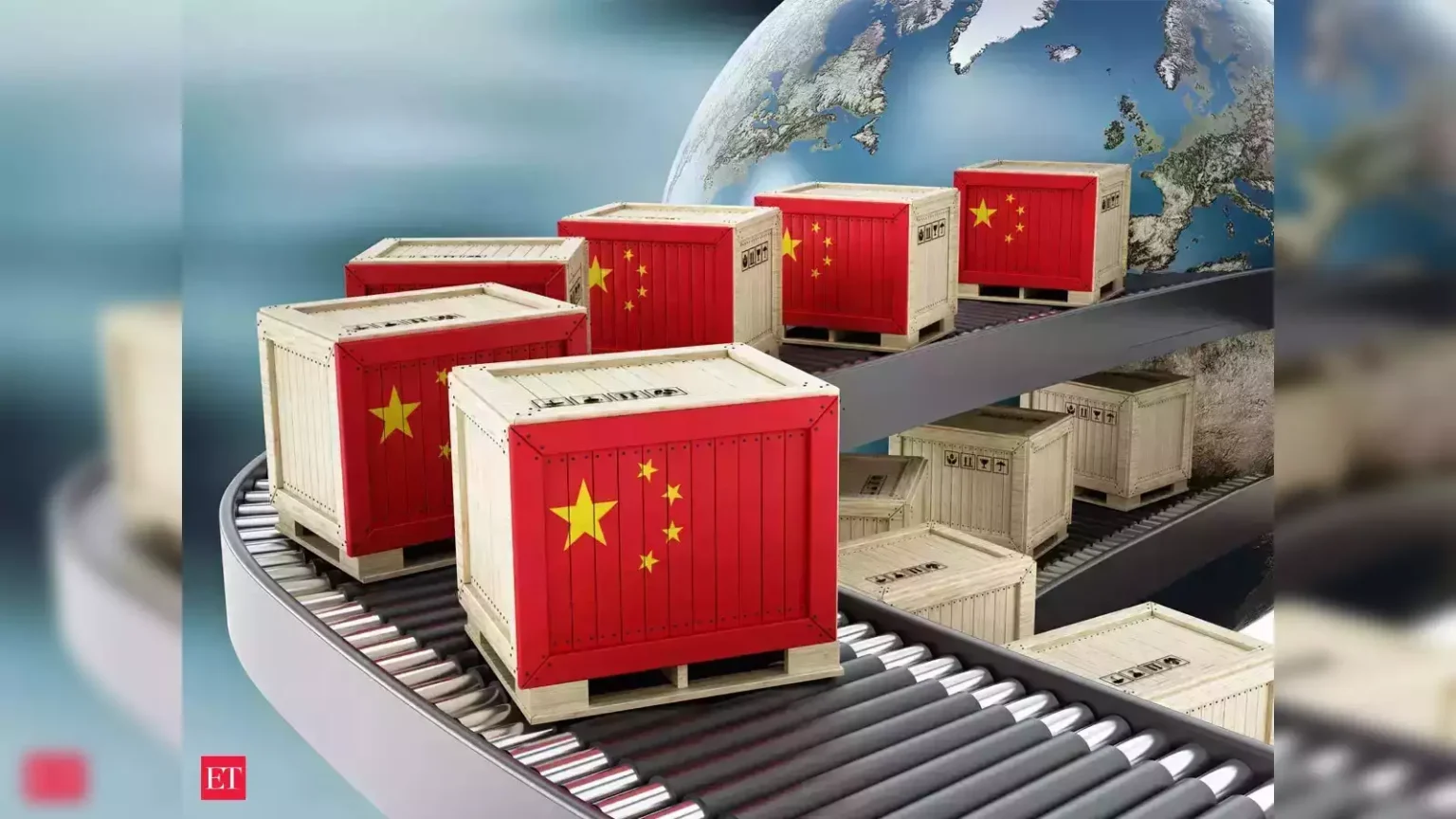Beijing’s envoy to Afghanistan announced that China will grant the Taliban tariff-free access to its extensive construction, energy, and consumer sectors as the resource-rich but diplomatically isolated regime seeks to expand its markets.
Since the Taliban’s takeover in 2021, China has aimed to strengthen its ties with the group. However, like other nations, it has refrained from formally recognizing the Taliban government due to international concerns regarding human rights, particularly those affecting women and girls.
Despite these concerns, Afghanistan possesses valuable mineral resources that could enhance Beijing’s supply chain security.
Access to Afghanistan’s lithium, copper, and iron deposits could help stabilize the Taliban’s struggling economy, which the United Nations has described as “basically collapsed,” and provide essential revenue as the country’s foreign reserves remain frozen.
“China will offer Afghanistan zero-tariff treatment for 100 percent of tariff lines,” stated Zhao Xing, the Chinese ambassador to Afghanistan, on his official X account, sharing a photo of his meeting with acting Deputy Prime Minister Abdul Kabir.
In 2022, Afghanistan exported $64 million worth of goods to China, predominantly shelled pine nuts. The Taliban has expressed a strong desire to attract foreign investment to diversify its economy and leverage its mineral wealth.
Although no commodities were exported to China last year, Zhao has frequently shared updates about meetings with Taliban officials involved in mining, trade, and regional connectivity since his appointment in September.
At a recent summit, Chinese President Xi Jinping announced that, starting December 1, goods from “least developed countries with diplomatic relations with China” would be exempt from import duties, although specific details were not provided. This policy was reiterated by Vice Commerce Minister Tang Wenhong during a press conference.
Afghanistan’s embassy in Beijing did not respond to requests for comment. Additionally, the Taliban has expressed interest in formally joining Xi’s “Belt and Road” initiative and participating in the China-Pakistan Economic Corridor, a $62 billion project linking Xinjiang to Pakistan’s Gwadar port.


